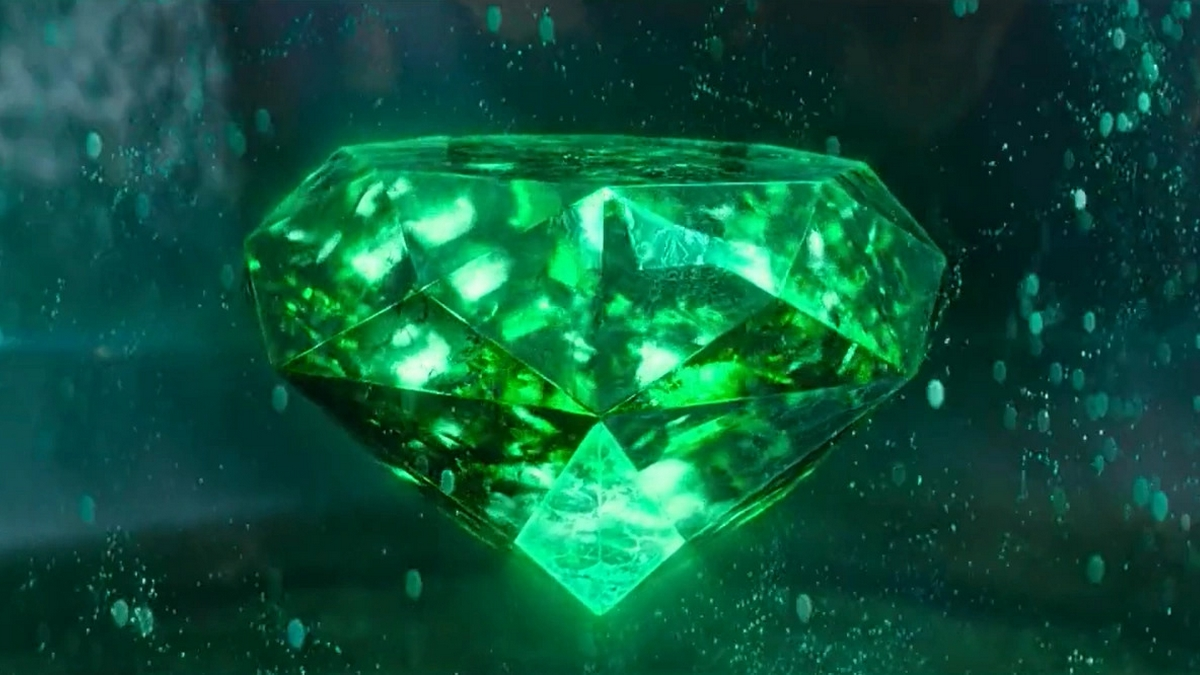
Products: the lifeblood of this corporatized hellscape and the manufactured poison to our honest humanity. Whether it’s your Tinder bio, one of the seven or more brands of mayonnaise, or a theatrical film, not a single clump of particles or pixels is safe from the specter of marketing.
And let’s not kid ourselves, this product-obsessed society is almost entirely the reason that the Sonic the Hedgehog films exist. That doesn’t mean, however, that they’re not capable of setting good storytelling examples. The second film, in fact, had quite a bit going for it, even if the meme dumpster that is Sonic the Hedgehog 3 tarnished that momentum almost entirely. Nevertheless, Paramount Plus viewers haven’t forgotten about the franchise’s high point.
Per FlixPatrol, Sonic the Hedgehog 2 has broken the sound barrier and entered the Paramount Plus film charts in the United States at the time of writing, hot on the heels of Gladiator (ninth place), Transformers One (eighth place), and Jack Reacher (seventh place).
Sonic the Hedgehog 2 stars Ben Schwartz as the voice of the blue blur, who’s settled fully into his new life on Earth with his human friends, Tom and Maddie Wachowski (James Marsden and Tika Sumpter). Sonic’s nemesis, Dr. Robotnik (Jim Carrey), returns with dastardly intentions, and has brought the ultra-powerful Knuckles (Idris Elba) to assist him in his plans. But with the help of his new friend Tails (Colleen O’Shaughnessey), Sonic might just stand a chance.

Of the three Sonic the Hedgehog films, the second one sticks the strongest landing. It makes the mistake of involving Tom and Maddie too much, but it also understands that the human characters are necessary for Sonic’s pop culture references to make sense. It further understands that pop culture references are effective for characterizing teenagers, and it has Sonic employ them in a way that adds to his personality, rather than winking at the audience.
Moreover, it understands why Jim Carrey was cast in the role of Dr. Robotnik in the first place. His eccentric dialogue works on a mass-appeal level, but it also allows the actor to work in genuinely intelligent gags and subject matter (Dr. Robotnik namedrops the law of attraction in this movie, just to give an example).
Sonic the Hedgehog 3 does none of this, and plays almost exclusively to the TikTok-Fortnite programming that most everyone assumes is the default for kids and teenagers these days. Jim Carrey looks at the camera while saying he’s an actor playing a character in a movie, Sonic makes a joke about hate-watching “Green Lantern from 2011,” and the film tries to push the exact same emotional arc that we got in Sonic the Hedgehog 2 despite the fact that Sonic clearly doesn’t need one anymore.
The worst part? Everyone seems to be convinced that Sonic the Hedgehog 3 is the best movie in the franchise so far, which paints a profoundly dark picture for the trajectory of film criticism and discourse going forward. Indeed, the fight against influencer culture is a fight for intellectual survival.
